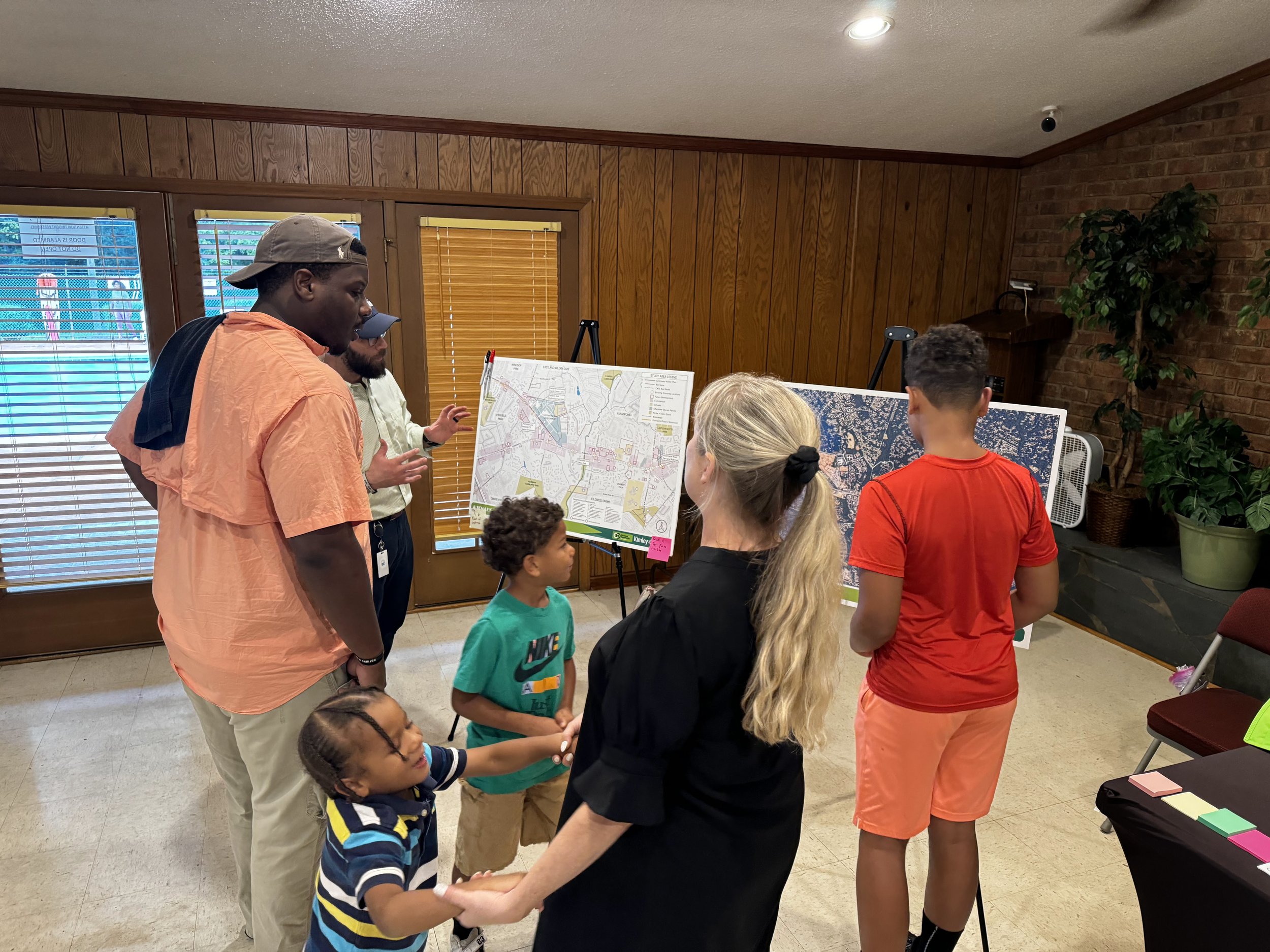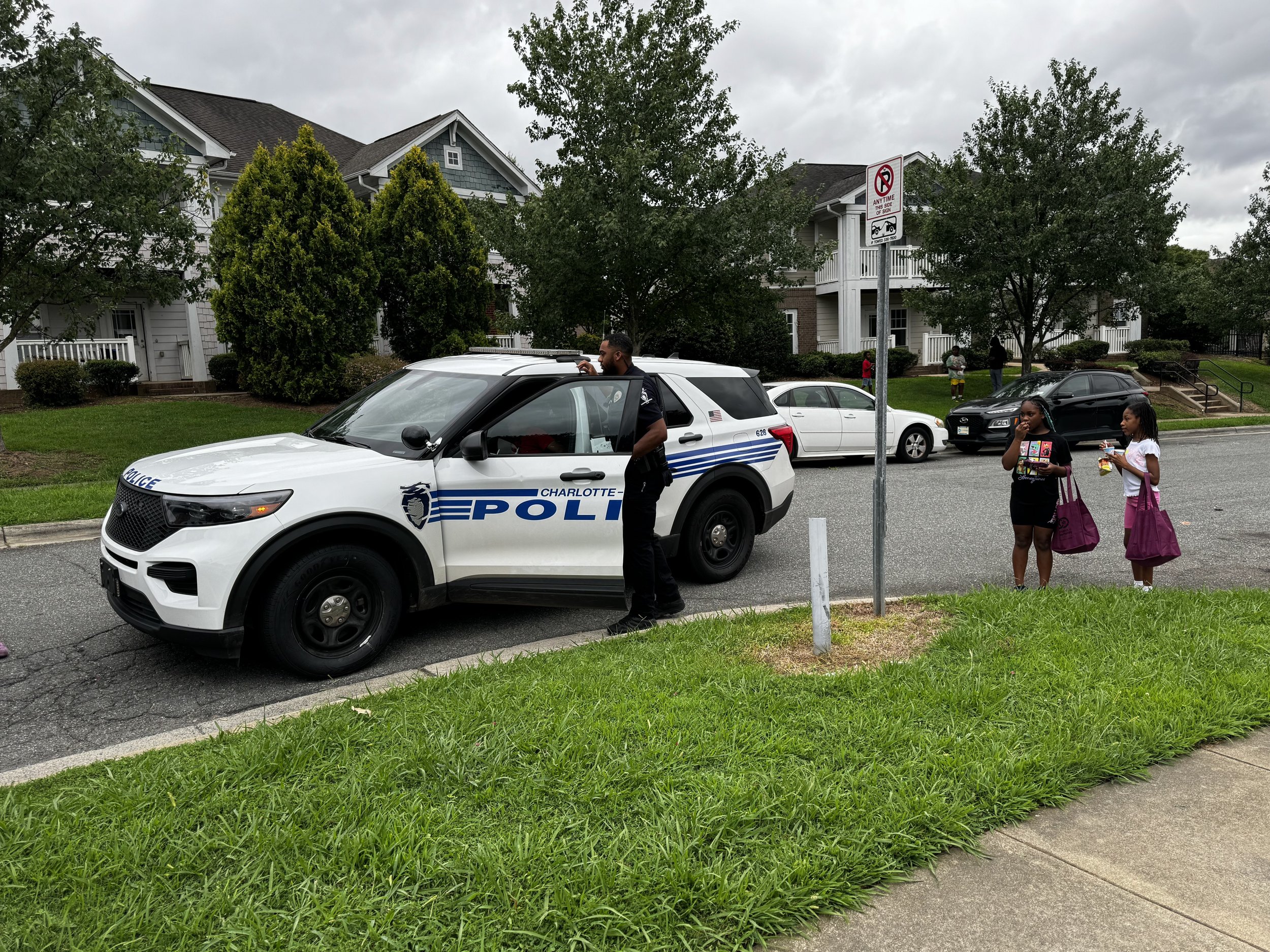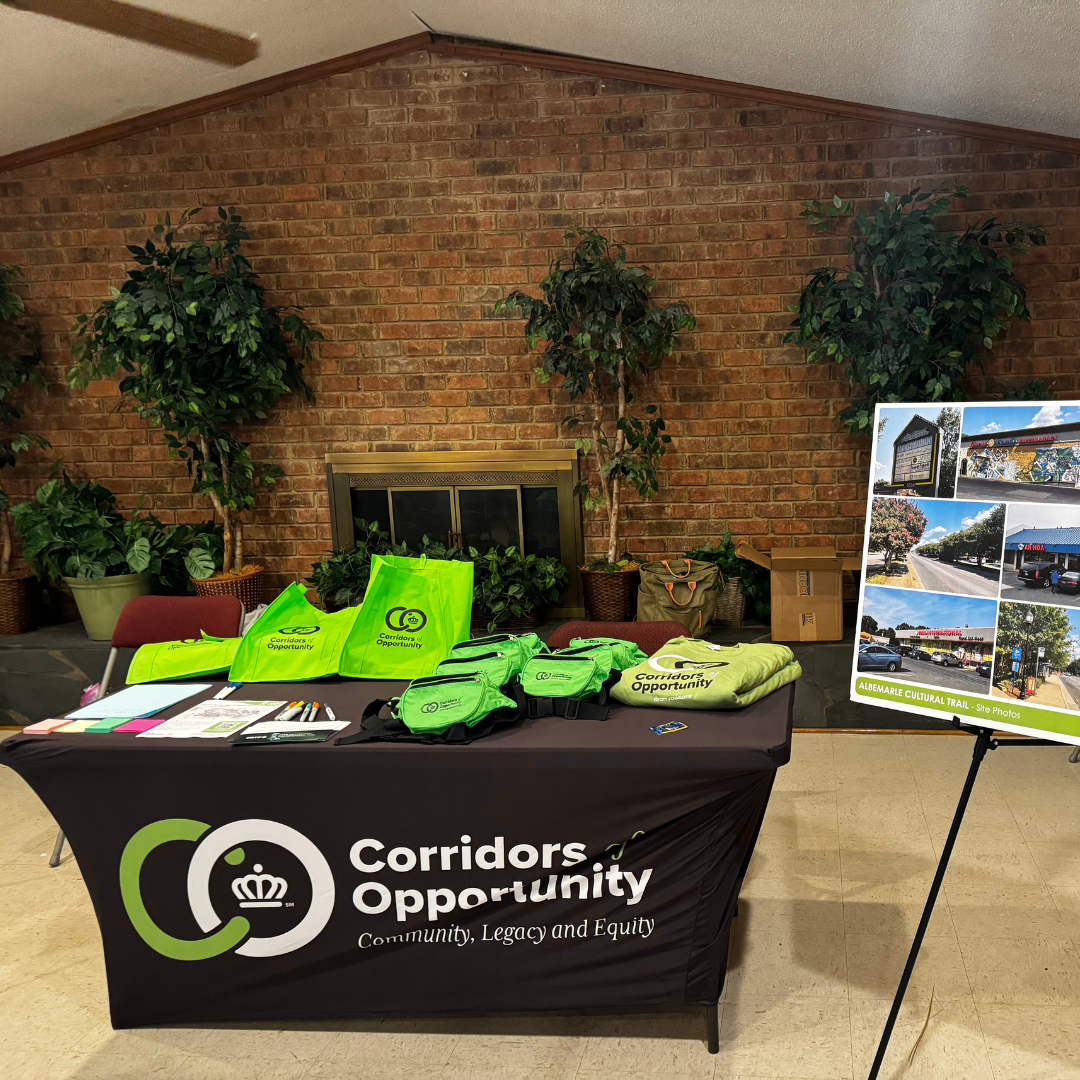Albemarle Corridor Cultural Trail
Background
In 2020, the City of Charlotte launched the Corridors of Opportunity program to provide job creation, high-quality services and viable, long-term career paths for residents in six neighborhoods located along roadway corridors throughout the city. The city selected the Albemarle Road Corridor as a priority through the Corridors of Opportunity program and conducted a robust study and community engagement process within the neighborhood to understand its residents' needs, challenges and opportunities.
Challenges
During the planning and engagement process, the following challenges were identified that could be addressed through the development of the Cultural Trail Framework Plan:
Business & Job Diversity: The corridor has limited employment opportunities and few anchor institutions.
Corridor Aesthetics & Redevelopment: Albemarle Road would greatly benefit from beautification and investment in corridor aesthetics through redevelopment opportunities and protecting existing tree canopy.
Family & Youth: The Albemarle Corridor has many services catering to families, youth and seniors; however, the community needs more targeted activities and programming, as well as community spaces to support these services.
Connectivity Options & Access: Even with existing sidewalks, Albemarle Road is challenging and sometimes hostile environment for pedestrians and cyclists. Opportunities to improve connectivity and access throughout the corridor include investing in new inclusive and multi-modal infrastructure. One key opportunity that emerged from the community engagement process was the concept of a cultural trail that would provide multi-modal transportation for residents while celebrating the neighborhood’s cultural and ethnic diversity.
What We Did
Civility Localized developed community awareness campaigns and materials. Our team of Ambassadors and Consultants tabled at events and facilitated focus groups to help gather community input on the idea of a cultural trail.
Ultimately, our work led to the recommendation of the Albemarle Cultural Trail with the following strategies:
Develop pedestrian and bike connections, intersection and crosswalk improvements
Prioritize completion of planned overland connections and bike routes
Link sidewalks, walking paths, greenways, and trails to create safe east-west pathways
Identify opportunities for incorporating art, culture, and micro-commerce into infrastructure through Public Art and Public Space Master Plans
Create cohesive wayfinding to key destinations
Expand the Tree Canopy Preservation Program
Media









